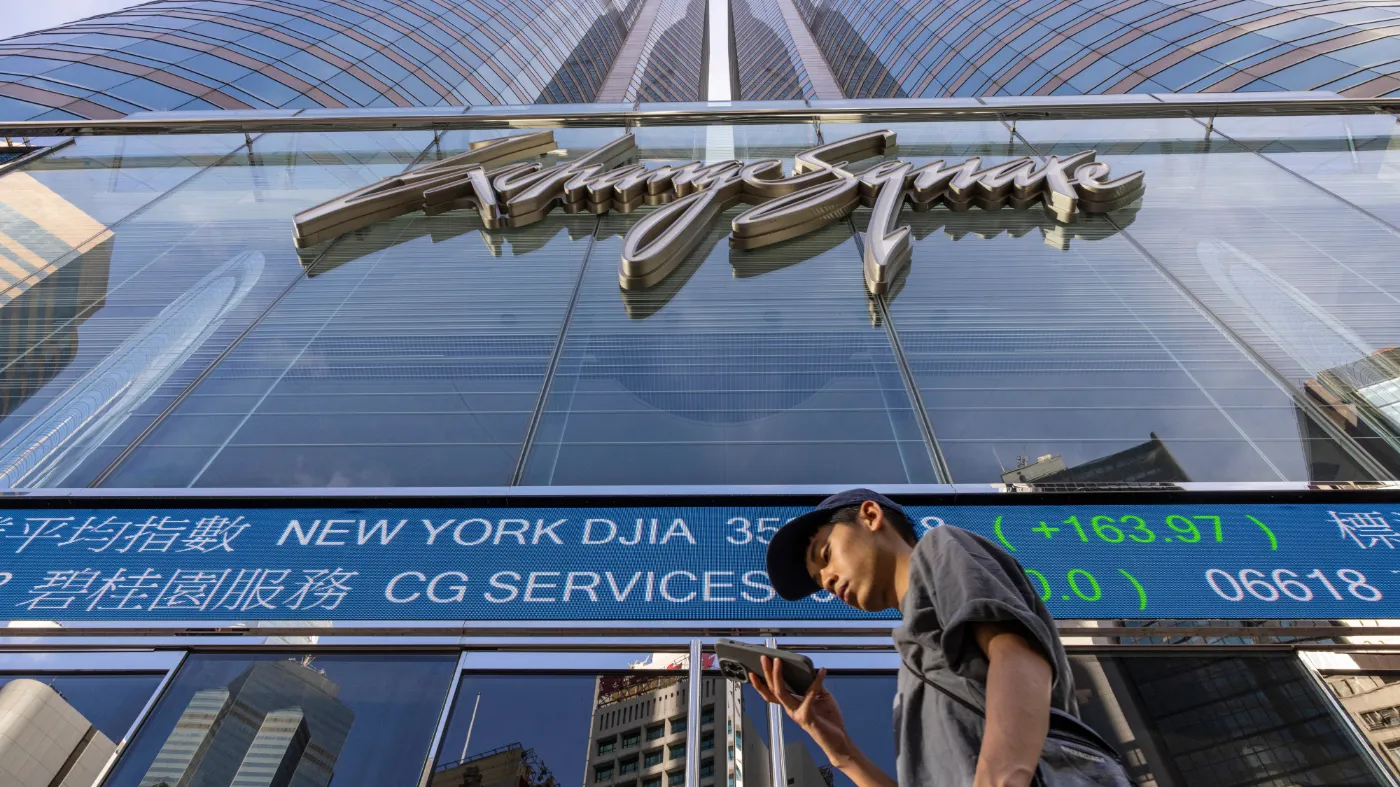China's Economic Strategy: Addressing Symptoms Instead of Structural Issues

China's Economic Policy Shifts
China's leaders are finally acknowledging significant economic challenges faced by the country after recent reports showed a steady decline in confidence among consumers and investors. Last week, China’s central bank eased monetary policy and announced unprecedented measures to support the stock market, including an intention to boost government spending to stabilize the property market.
Investor Response and Market Performance
Traders responded enthusiastically to these announcements. The benchmark CSI 300 index had its best week since 2008, continuing with a rally that indicated a technical bull market with a 25 percent increase from earlier declines. Previously, China’s equity markets had suffered, falling by 45 percent from their early 2021 peak.
Monetary Measures and Real Estate Stability
- The central bank introduced a toolbox of measures to sustain capital markets, implementing cuts to the benchmark interest rate and reserve requirement ratios, along with over $100 billion in lending to boost stocks.
- President Xi Jinping pledged measures to stabilize the real estate sector, committing to issuing an additional $284 billion in bonds.
- New home prices have fallen significantly, with declines observed at the fastest pace in a decade.
Comparison to Past Stimulus Efforts
While some optimistic investors hint that current supports resemble the 2008 global financial crisis stimulus, others express skepticism. U.S. fund manager David Tepper called the market a “buy everything” opportunity while hedge fund manager Ray Dalio emphasized that significant changes are necessary to confront underlying structural issues.
Structural Reforms Needed
Despite temporary boosts, structural problems remain unresolved. John Authers from Bloomberg notes symptoms of a balance sheet recession in China. Observations reveal a growing need for reforms to tackle fundamental economic issues such as rising household debt and reliance on property investments.
Investor Sentiment and Government Policies
The current climate has fundamentally shifted investors' perceptions of China, leading to concerns over political interference affecting the growth of private companies and technological progress. The ongoing clampdowns on sectors contradict progress towards global high-tech manufacturing as outlined in the “Made in China 2025” policy.
Future Outlook
In conclusion, current measures may temporarily mitigate economic pressures but do not provide a sustainable solution for China's deeper economic issues. Investors should remain cautious as the landscape unfolds.
This article was prepared using information from open sources in accordance with the principles of Ethical Policy. The editorial team is not responsible for absolute accuracy, as it relies on data from the sources referenced.